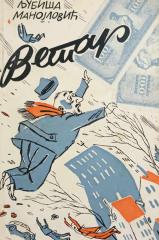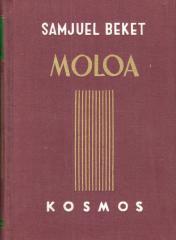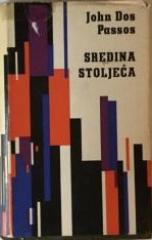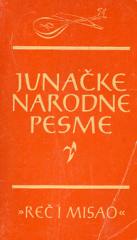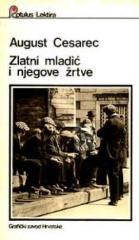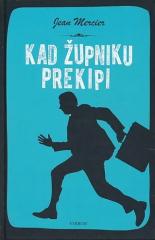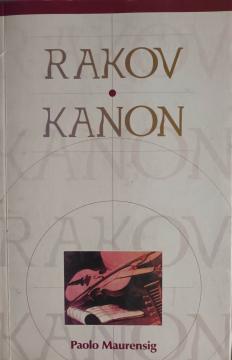
Rakov kanon
In the elegant London Dorchester Hotel, the new owner of a three-hundred-year-old Stainer violin will witness a gloomy story told to him by a writer whose desire was to write a novel in which the main character would be music.
This psychological and musical tale is structured like a musical canon, where themes are repeated and reversed, creating a layered narrative about identity, art, and destiny. The story begins in 1985 at the Dorchester Hotel in London, where the new owner of a three-hundred-year-old Stainer violin becomes the listener of an unusual story told to him by a writer obsessed with the idea of writing a novel in which music is the main character.
Through this story, we meet two young musicians from Vienna in 1932: a Hungarian violinist and an Austrian aristocrat. Their connection is based on a shared passion for music, but also on complex relationships of friendship, jealousy, and competition. As their lives intertwine, secrets about their origins, family ties, and personal demons are revealed, culminating in tragic consequences.
The title of the novel refers to the musical form "crab canon," where the melody is played backwards, symbolizing the thematic reversal and reflection within the story. Maurensig uses this structure to explore how the past shapes the present and how art can be a source of both salvation and destruction.
Canon of the Crab is a deeply emotional novel that explores complex human emotions and relationships through musical metaphor, leaving the reader with questions about identity, legacy, and the power of art.
No copies available
The last copy was sold recently.
